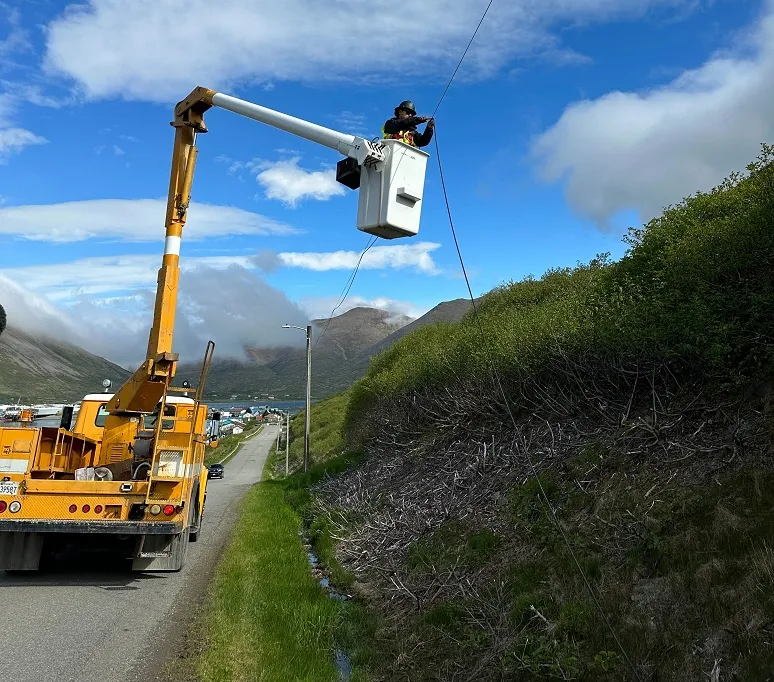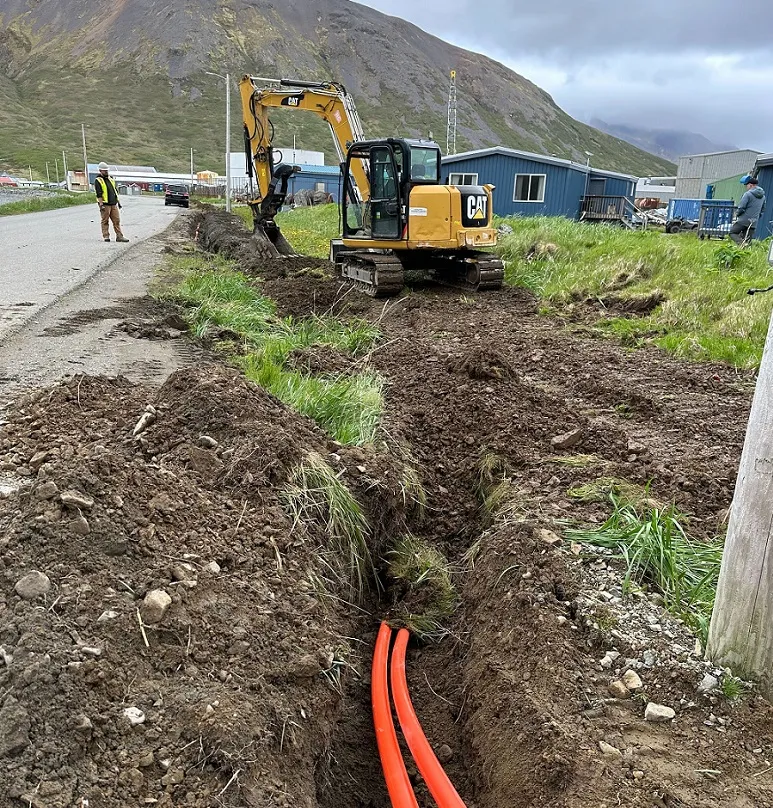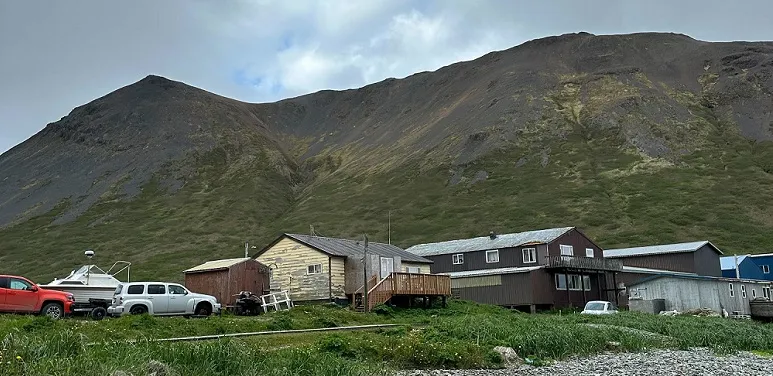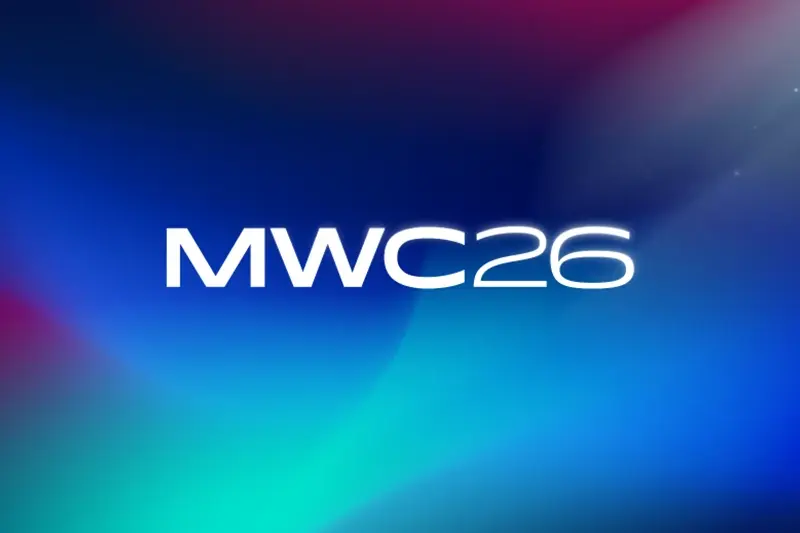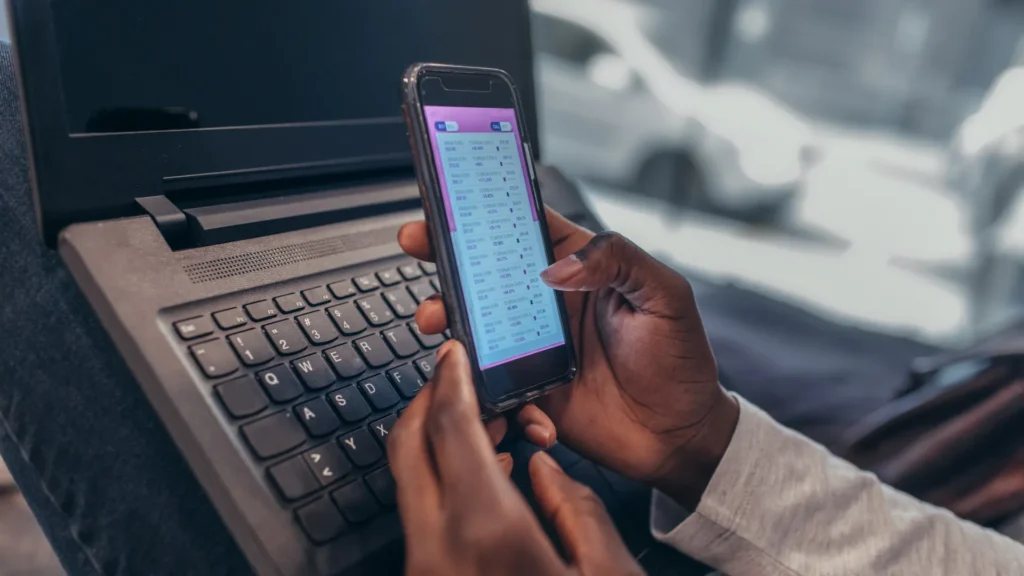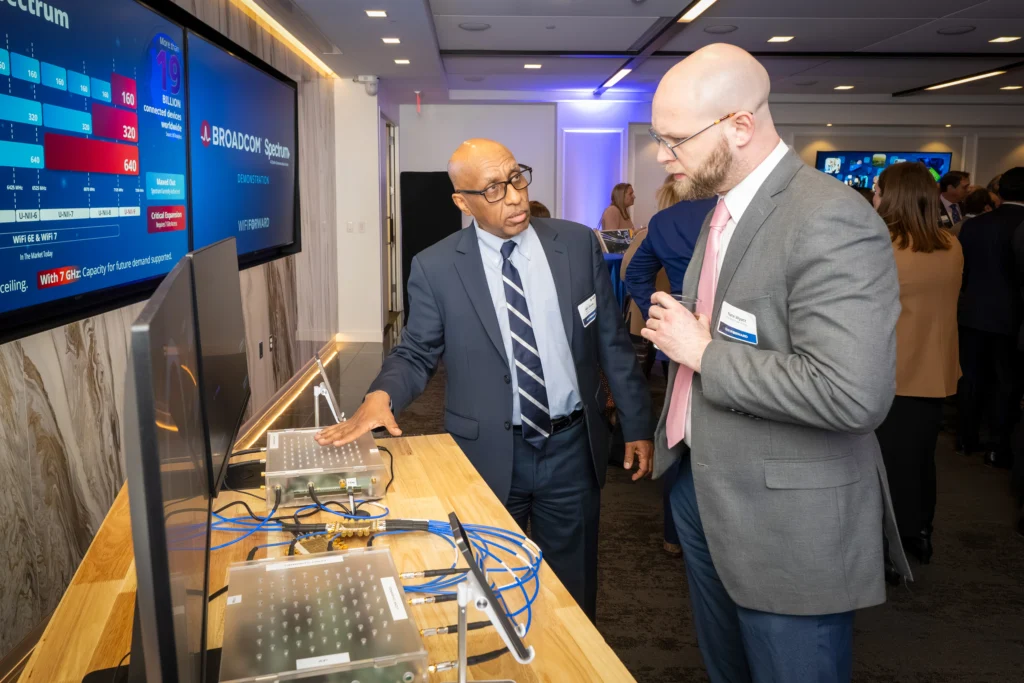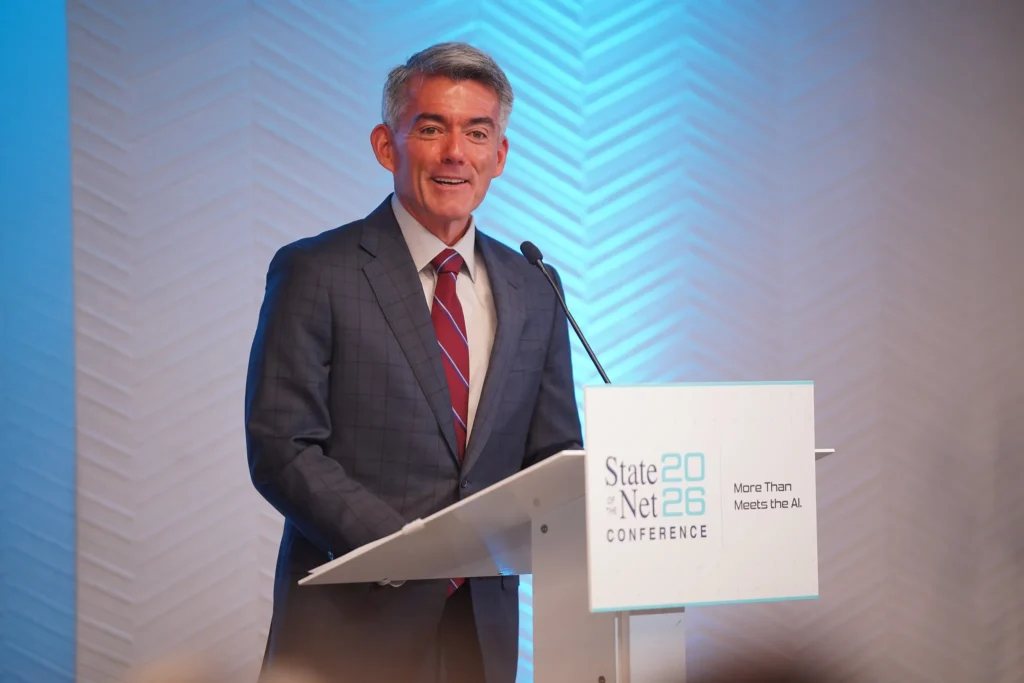Today, high-speed internet access has never been more important, and cable providers have been working diligently to ensure that every American, especially those in rural areas, can access this critical infrastructure. With state allocations announced today for the $42 billion from the broadband, equity, access and deployment (BEAD) program, the industry looks forward to partnering with federal and state governments to capitalize on this historic opportunity to close the remaining digital gaps in America.
How Cable Already Expands Broadband Access to Rural Areas
Thanks to a combination of private investments, innovative solutions, relationships with local organizations, and working with government programs such as RDOF and state funding initiatives, cable ISPs have been able to connect millions of previously unconnected homes and businesses in rural areas.
- They have invested over $185 billion in the last decade to build and upgrade broadband networks across the country.
- These investments have extended the reach of cable broadband networks to 6.4 million households between December 2018 and 2021, mostly in rural areas.
- Their broadband platform is continually upgraded to stay ahead of consumer demand and offers gigabit speeds to 99% of U.S. homes it passes.
A History of Successful Partnerships
Cable providers have made significant progress in recent months by extending their services to previously unserved areas through partnerships with the FCC, state governments, and private investments. Here is a snapshot of current projects underway:
- Charter plans to build nearly 100,000 miles of broadband infrastructure through its RDOF expansion, connecting over 1 million unserved rural homes and businesses. Charter also participated in state and local funding programs, reaching over 300,000 locations since 2021.
- Comcast has been awarded grants in 24 states, connecting over 30,000 unserved homes in Georgia and over 51,000 in Florida. Comcast has also received funds from Pennsylvania and Illinois programs to extend service to unconnected homes.
- Cox has committed hundreds of millions of dollars to expand fiber infrastructure, securing grant funds and private capital to extend services to almost 50,000 homes in eight states.
- GCI paired $25 million in ReConnect funds with over $50 million of its own capital to bring fiber to the Aleutian Islands – one of the most remote territories in the world. In fact, GCI is deploying new networks this week in the far corners of the Aleutians. [See photos below.]
- Mediacom received $13.4 million in grant funding to extend broadband to nearly 20,000 locations in Alabama.
- Midco is utilizing private capital, RDOF funds, and local partnerships to connect nearly 10,000 homes and businesses in Sherburne County, Minnesota.
Continuing Rural Expansion with BEAD Funding
The cable industry has played a vital part in supporting rural America through significant investments, partnerships, and broadband buildouts. The BEAD program represents an opportunity to finally ensure that all Americans have access to broadband if the funds are properly targeted to only those communities that need it the most – those that are unserved followed by the underserved. Cable providers have demonstrated their expertise and experience in building broadband to these communities and are ready to partner with federal and state governments to ensure BEAD’s success.
